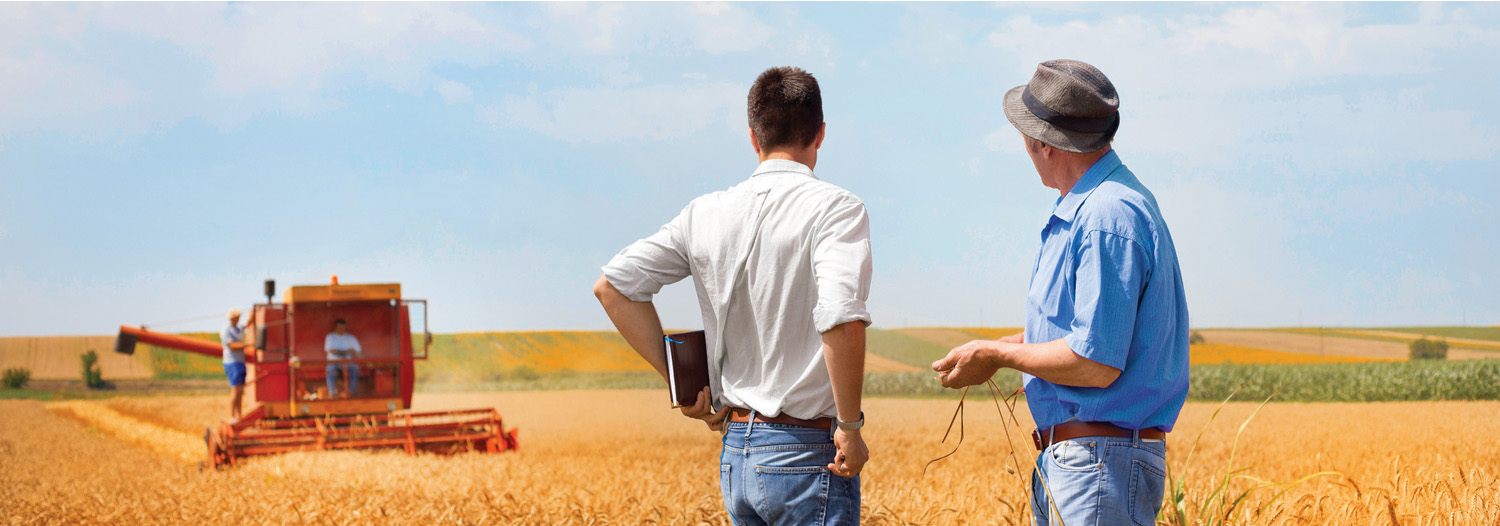FAQs
Under the Land Valuation Act 2010, the Valuer-General values land in Queensland. The Valuer-General is the independent head of the State Valuation Service, Department of Resources.
The Valuer-General’s land valuations are used to calculate local government rates, rents for state leasehold land and state land tax.
For more information about the Valuer-General and the valuation process, click here.
Yes, but first you must object to the Valuer-General. If you do not agree with the Valuer-General’s decision on your objection, you can appeal against that decision to the Land Court. To visit the Queensland Government's land valuations page for information about how to object, click here.
Start your appeal by completing
Form 3 – Notice of appeal against the Valuer-General’s decision on objection
For more information on filing a Form 3, click here to look at General Information flowchart.
You must file the Notice of appeal with the Land Court within 60 days of the date of issue of the objection decision notice.
If you file the appeal after the appeal period, the Land Court can hear the appeal only if:
- the appeal was filed one year or less after the objection decision notice was issued; and
- the Court believes you had a reasonable excuse for not filing the notice in the appeal period.
The valuation appeal notice must state:
- the grounds of appeal;
- your estimated valuation amount; and
- the amount you are claiming for a site improvement deduction (if applicable). For more information about a site improvement deduction, on the Queensland Government site, click here.
Your grounds of appeal are the reasons why you say the valuation is wrong. To succeed in your appeal, you must prove one or more of your grounds of appeal. The grounds of appeal are the grounds you state in your Notice of appeal. You cannot change or add to your grounds of appeal later. However, the Court might order you to provide more details (particulars) about your grounds of appeal. For example, if your ground of appeal is that the valuation is excessive taking into account sales evidence, the Court might order you to identify the sales evidence that you rely on.
For information about the valuation process and the issues you might want to raise about the valuation in your grounds of appeal, visit the Queensland Government site click here.
The Court must consider all the evidence called by you and by the Valuer-General. That will include any evidence from expert witnesses, such as valuers. You must prove one or more of your grounds of appeal on the balance of probabilities. The balance of probabilities means that something is more probable (or likely) than not.
As the Court relies on evidence to make a decision, it may be difficult to succeed in a valuation hearing without your own valuation or other expert evidence. However, it is your choice whether to call expert evidence. The Valuer-General usually relies on evidence from a valuer to support its valuation. Even if you do not call your own valuer, at the hearing you can ask questions of the Valuer-General’s valuer about your grounds of appeal.
Whether you win or lose the appeal, the usual order is that each party bears (is responsible for) their own costs.
If the Valuer-General asks the Court to order you pay some or all of its costs, the Court can only make that order if it considers any of the following circumstances apply:
- all or part of the appeal was frivolous or vexatious;
- a party has not been given reasonable notice of intention to apply for an adjournment;
- an applicant for an adjournment incurred costs because of the other party’s conduct;
- a party incurred costs because the other party did not comply with the Court’s procedural requirements;
- a party incurred costs because the other party introduced, or sought to introduce new material;
- a party did not properly discharge their responsibilities for the appeal.
If you discontinue or withdraw the appeal before the Court decides the appeal, unless the Valuer-General consents to that happening, the Court may order you to pay the Valuer-General’s costs up to the date you discontinued or withdrew the appeal.
Costs include necessary and reasonable expenses of preparing for and the hearing of the appeal. They include:
- Court filing fees;
- solicitor and barrister’s professional fees;
- Costs of obtaining expert reports; and
- Allowances paid to witnesses to attend Court to give evidence.
The Court may fix the amount of costs you must pay, order you to pay costs up to or from a specific date, or order that you pay a percentage of the total costs.
Do you have more questions about Land Valuation Appeals?
Ask your question by email
